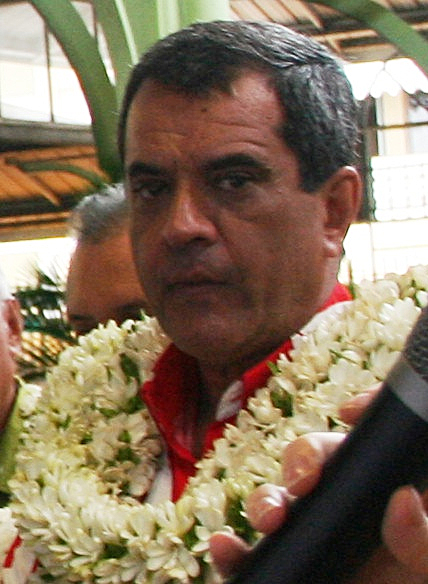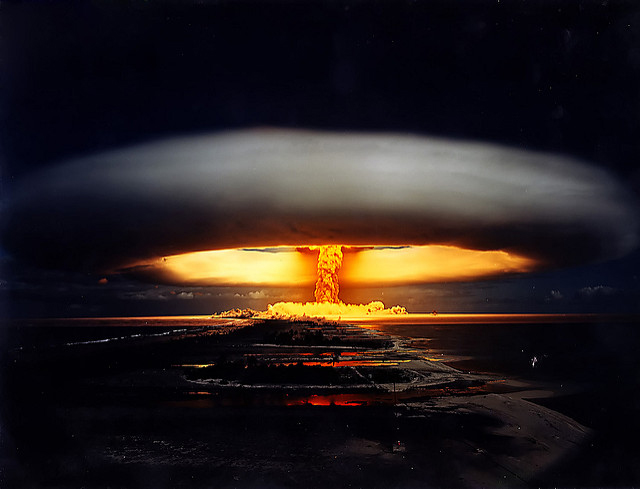Thirty-six Tahitians have filed claims that they are still suffering from the effects of the radiation released over French Polynesia from the nuclear bomb testing conducted in the territory for many years. The government of France has responded by sending a team of experts to the Pacific territory to determine whether or not it should pay compensation to the people who are making the claims.

According to a news report published on Wednesday last week, this is only the latest chapter in the long-standing drama about the former testing program of nuclear bombs by France. As recently as November 2018, the president of French Polynesia, Edouard Fritch, admitted he had helped cover up the fact that the testing had been quite harmful to the Tahitians. Earlier, French Polynesian groups had unsuccessfully applied to the International Criminal Court arguing that France had committed crimes against humanity with its testing.
The recent news story argues that the pro-independence movement among the Tahitians has gotten an important boost from the acknowledgement by President Fritch of the cover-up. It points out that the US and Britain have both admitted the harm caused by radiation from their bomb testing in the Pacific in the 1940s and 1950s.

But France has long denied that its testing, which lasted from 1966 until 1996, caused any problems. France tested 193 weapons and the ones detonated in the atmosphere caused the most harm. The experts being deployed from France to Polynesia are planning to visit the islands of Huahine, Fakarava, Raiaatea, and Maupiti.
In July 2016, the 50th anniversary of the first atomic bomb test in French Polynesia, a review of the history, politics, and protests concerning the testing pointed out that at first in the 1960s, some Tahitians protested but many accepted the assurances of the French government that the tests would be harmless. One Polynesian official said that his grandmother even displayed a nice picture of a bomb test on the wall in her home.
But the rates of cancers and leukemia among Polynesians exposed to the radiation continued to rise in the years after the testing was finally stopped, though the government in Paris continued to deny, at least through 2009, that its bomb tests could have been the cause. When the French government then introduced a program to grant compensation to the victims of radiation, it awarded payments to only 19 people out of more than 1,000 claimants. One must wonder if the current crop of 36 claimants will make out any better.